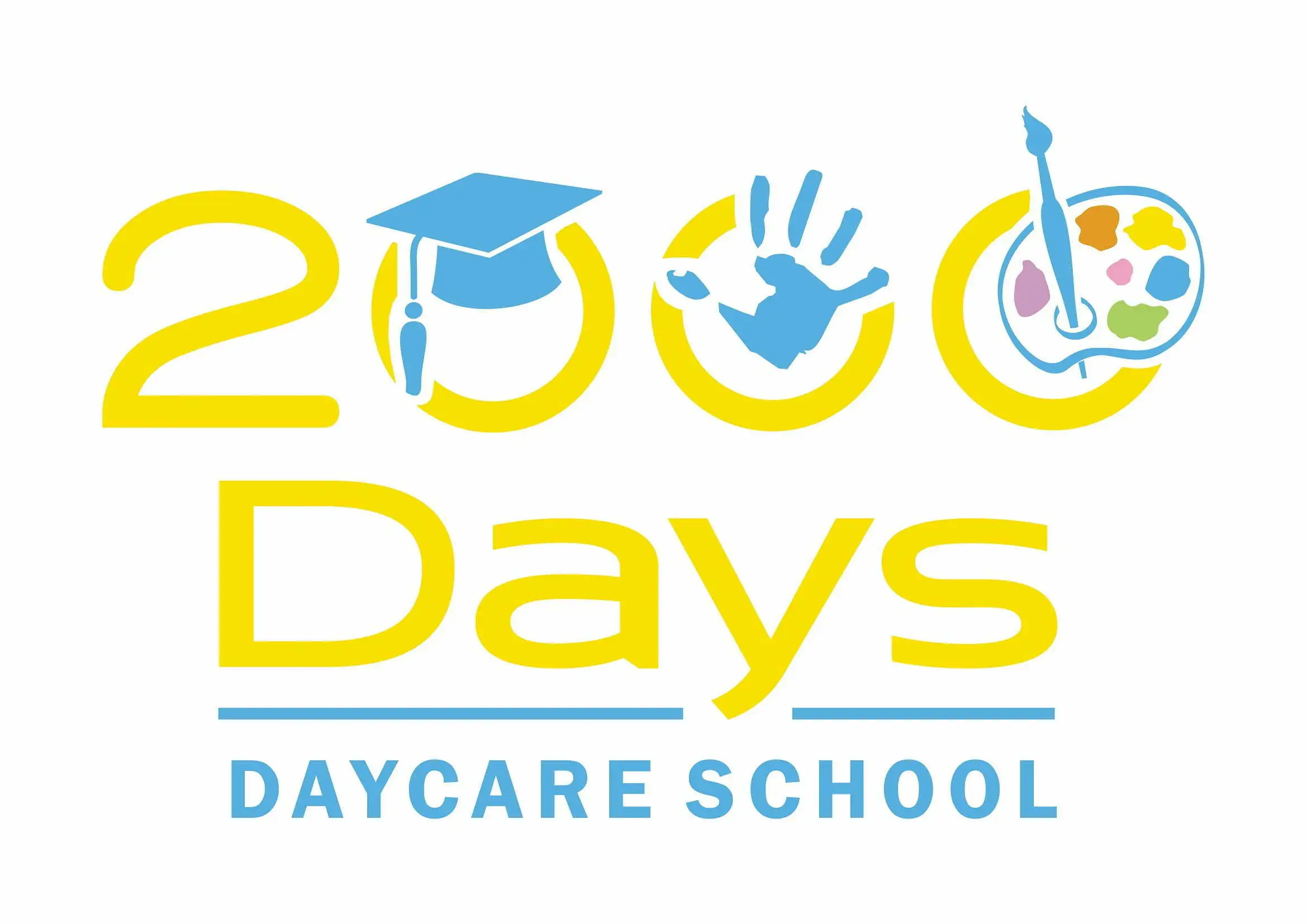Preparing for Parenthood When You Have a Disability – Get Your Home and Life Ready (And Learn As You Go)
When you have a disability and you’re about to become a parent, it’s important to find resources and start preparing so you’ll be ready when the time comes. Making sure your home is safe and set up in a way that works for your family is easier these days with adaptive gear and the internet as a resource for connecting with other disabled parents. Prepare now so you’re ready for the transition to parenthood, but be willing to learn as new challenges come your way too.
Making Your Home Safe
Babies and small children depend on you entirely for their wellbeing, and that includes safety around the home. Aside from baby proofing, part of keeping baby safe is making sure your home is accessible. The important thing is that you can move about with ease without worrying about getting hurt. These are just a few accessibility concerns to think about:
- A safe entryway – Stairs are a major trip hazard for anyone with limited mobility, which is much more serious when you’re carrying a baby. Installing a ramp eliminates this hazard and also gives you the option of getting a stroller in and out easily.
- Easy passage throughout your home – When your baby is in another room and starts to cry, you want to get to them as fast as possible. If you don’t have extra wide doorways, you can install expandable hinges to create extra space and make it easier to get around as quickly as you’re needed.
- Eliminate fall hazards – Take a look at your home’s flooring surfaces and consider replacing any carpet with solid surfaces and removing rugs.
Adaptive Baby Gear
The whole point of baby gear is to keep baby safe while making it easier for you to meet their needs, from sleeping and playing to getting out and about. There are many options today to do all of this in a way that works for you. For example, adaptive strollers for wheelchairs give you the freedom to go wherever you need together. Babywearing is a really popular way of keeping baby close while staying hands-free, and with ring slings, wraps and structured carriers, there are plenty of options to choose from.
For day to day needs like eating, sleeping, and bathing, each family finds different options work best for them. This mom at New Mobility says that instead of getting into pricey bathroom remodeling, she added a wheelchair accessible sink in the kitchen for her baby’s baths. A lot of what works for you will depend on your home’s design and your parenting style. Some parents choose cribs specifically designed for mobility, while others make modifications themselves. Whatever adaptations you use, stay confident in your abilities and you’ll find a sense of increased self-esteem and form an amazing bond with your child.
Resources and Connecting With Other Parents
The advice and support of other parents is invaluable for ALL new parents, but it is especially helpful when you have a disability. Your situation is unique and you’ll figure out the adaptations and routines that are right for you, but parents who have been there can give you ideas. Online help is always at your fingertips, like the community and resources from The Disabled Parenting Project. It’s also important to get out of the house and meet other parent friends in person. Try using social media to find other parents nearby who are in a similar situation to yours or who have similar interests, and then meet up in real-life. The old saying “it takes a village to raise a child” is still true today. Even with the many ways you can find to care for your child yourself, no parent should try to do it without support.
Babies may be small, but getting ready for parenthood is a BIG deal! Don’t let it overwhelm you, though. Do as much as you can to get your home and life ready now, and just be willing to seek support and roll with the punches when the time comes.
Author: Ashley Taylor
